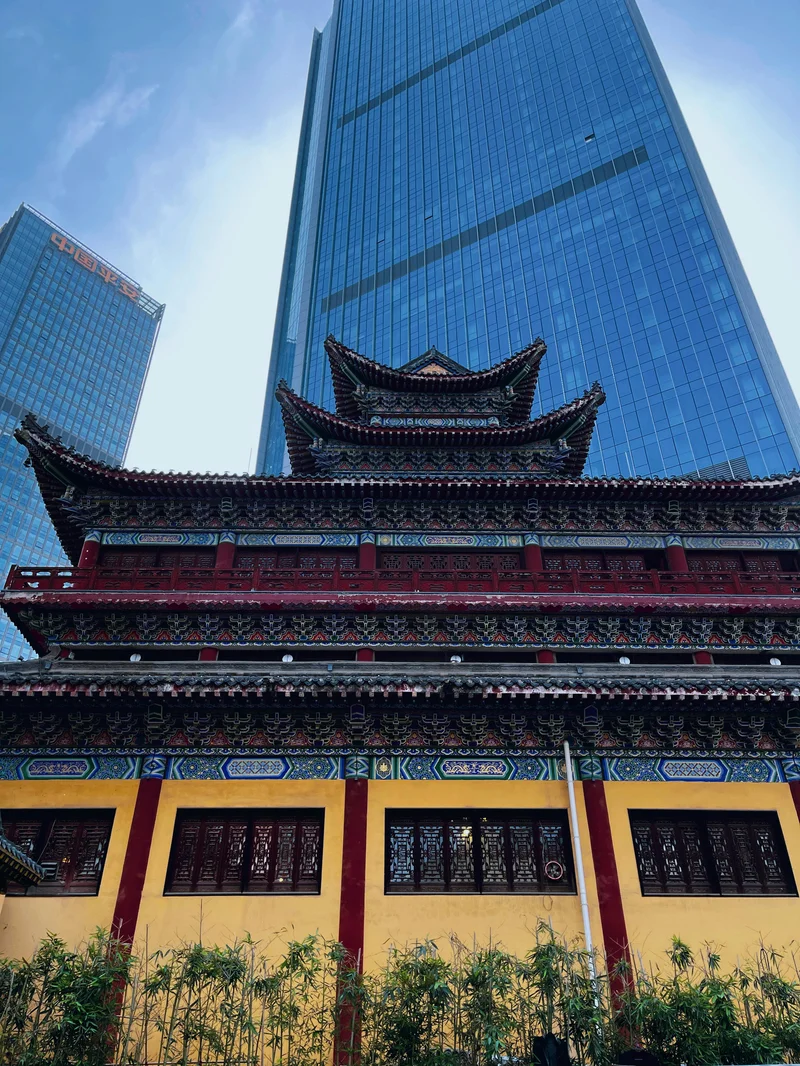Chongqing, traditionally known for manufacturing, is making a bold move into biotech. The city aims to have one to three innovative drugs approved annually by 2027. They're also planning to build three industry clusters focused on R&D and tech transfers. The municipal government released a 25-point plan emphasizing breakthroughs in core technologies. It's a clear signal: Chongqing wants to be a player in the innovative drug market.
This isn't just a local initiative. It aligns with China's broader push for scientific and technological self-reliance, as outlined in proposals for the next five-year plan (2026-2030). Chongqing already saw its first Class 1 innovative drug approved last year – an injectable treatment for psoriasis. According to the National Medical Products Administration, a Class 1 drug means new compounds, clear structures, clinical value, and no prior marketing worldwide.
The question is: Can Chongqing pull this off? Other cities are also vying for dominance in emerging tech sectors. Hefei is going all-in on electric vehicles, Shenzhen on AI, and Hangzhou on AI, robotics, and advanced manufacturing. Is Chongqing spreading itself too thin by entering the biotech race? Or is this diversification a smart hedge against relying too heavily on traditional manufacturing? China’s southwestern industrial base eyes breakthroughs on novel drugs
Looking at the numbers, Chongqing's economy is growing. The Chongqing Statistics Bureau reported a 6.5% GDP growth rate in 2023, beating the national average. This growth is attributed to manufacturing, services, and infrastructure investment. The Chongqing Rail Transit network expansion and the Chongqing High-tech Zone (housing over 1,200 high-tech enterprises as of 2023) are signs of progress. But can this momentum translate into successful biotech innovation?

One potential issue is talent. The plan emphasizes support for "innovative enterprises, research institutes and universities to lead in the clusters’ establishment." That sounds good, but what specific incentives are they offering to attract top-tier researchers and scientists? Are they competitive with what other cities, or even other countries, are offering? Without concrete details, it's hard to assess the likelihood of success.
Another factor is the regulatory environment. The approval process for new drugs in China can be complex and time-consuming. While the government is pushing for innovation, it also needs to ensure safety and efficacy. Any bottlenecks in the regulatory process could slow down Chongqing's ambitions. How will they balance speed and rigor?
It's interesting to note that Chongqing is also actively promoting its tourism sector. The city is highlighting its natural scenery (mountains, rivers) and cultural heritage (Dazu Rock Carvings, Three Gorges). They've even signed an agreement with Tourism Fiji to develop travel itineraries and boost Fiji's brand influence in the Chongqing market. Fiji opens door to Chongqing in tourism MOU This is a smart move, but is it a distraction from the more pressing need to develop a robust biotech ecosystem? Or is it a complementary strategy to attract investment and talent to the region by improving the overall quality of life?
I've looked at similar economic development plans before, and this focus on tourism alongside high-tech initiatives is a recurring theme. It suggests that cities are recognizing the importance of creating a well-rounded environment to attract and retain talent. But it also raises the question: are they truly committed to the long-term, risky investments required for biotech success, or are they simply chasing short-term gains from tourism revenue?
Chongqing's biotech ambitions are ambitious, maybe too ambitious. The city's existing strengths in manufacturing and its recent GDP growth provide a solid foundation, but success in biotech requires more than just financial resources. It demands a long-term commitment to R&D, a supportive regulatory environment, and, most importantly, the ability to attract and retain top-tier scientific talent. Without concrete plans to address these challenges, Chongqing's biotech bet may end up being a high-stakes gamble with uncertain odds.